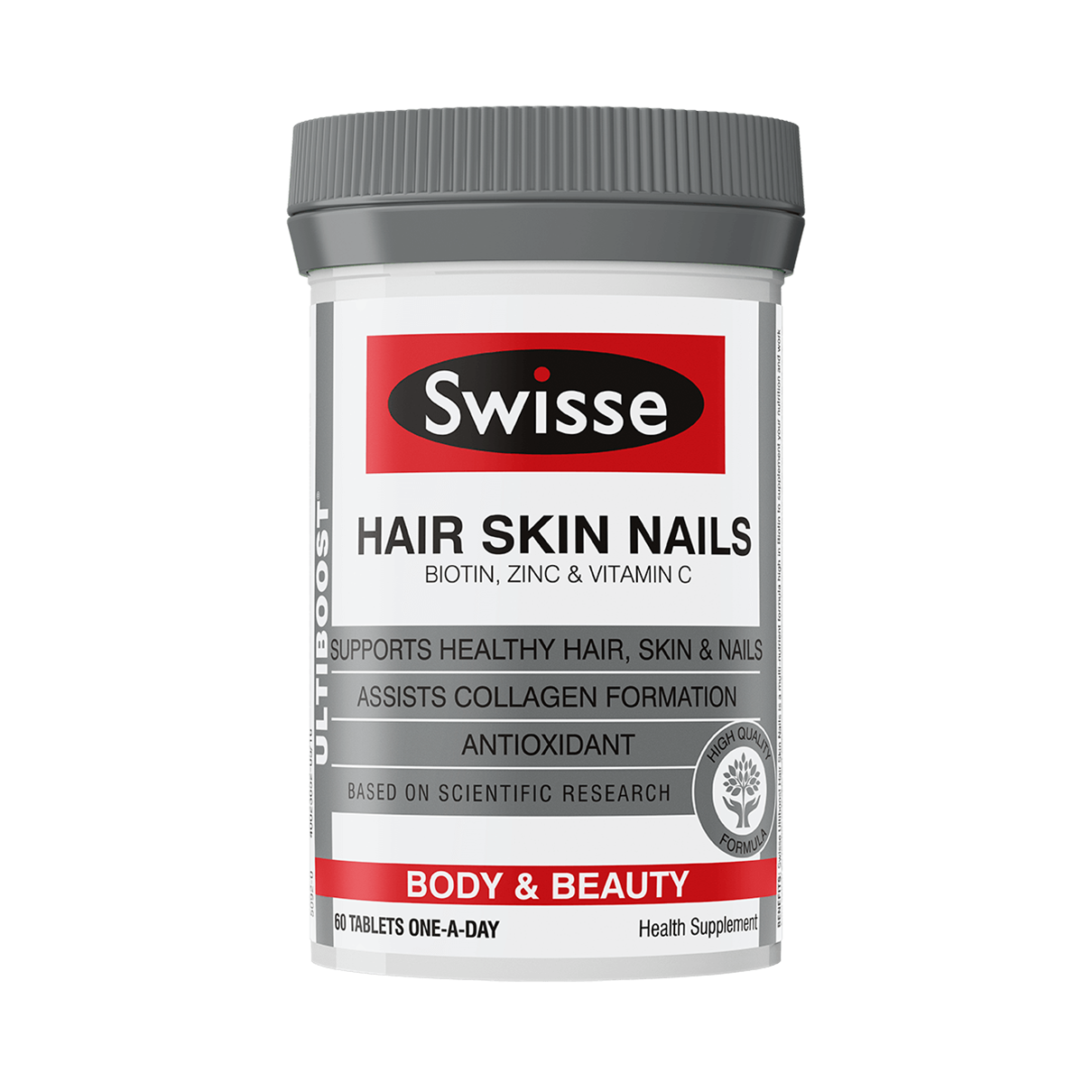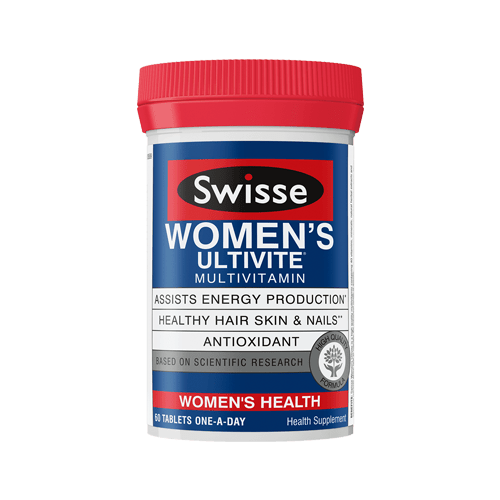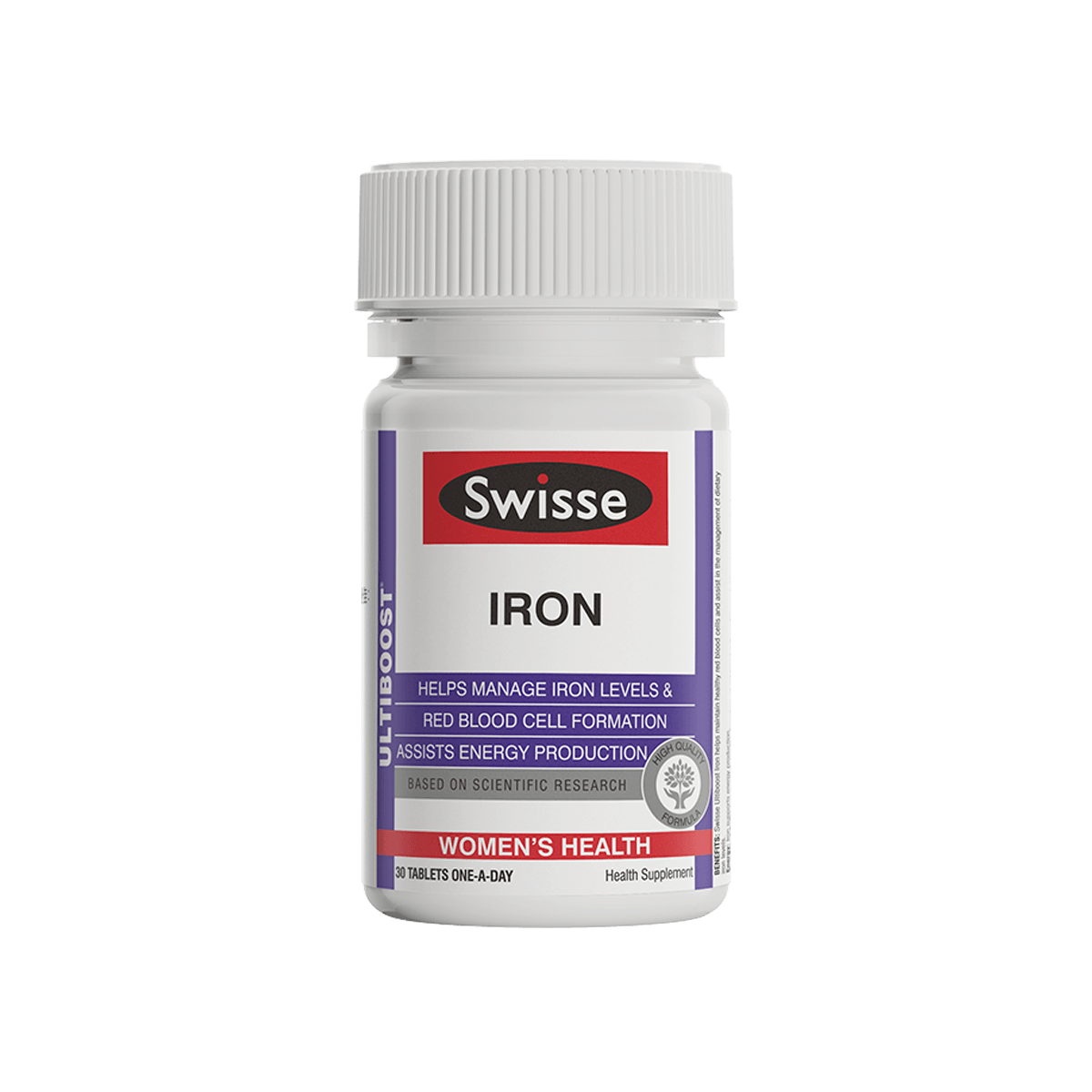
It is a well-known fact that most developed cities are facing the problems of ageing, and Hong Kong is no exception. It is predicted that 21% of Hong Kong inhabitants will be aged 65 years or above in year 2024, as compared to 13% in the year 2009. 1 In other words, within 10 years, one in every five citizens of Hong Kong will be seniors. Elderly are significantly impacted by joint issues 1, 2. Studies showed that Chinese men has similar level of joints issues as compared to Caucasian men, while Chinese women has significantly higher joints issues as compared to Caucasian women. The Beijing Study showed that in the population group aged 60 years or more, the prevalence significant joints issue was 42.8% in women and 21.5% in men.
Problems occur due to a breakdown in cartilage, which causes bones to rub together. Joint wear and tear is a natural degenerative process that happens as we age, but factors such as overuse, injury and weight and lifestyle issues can increase the risk of developing joint problems.
Keep moving
It might seem counterintuitive but according to the Harvard Medical School, it can actually help to keep on moving. Consider mixing up your exercise regime with low-impact options, such as swimming or yoga, or let your body recover from high-impact exercises with gentle stretching or Pilates to strengthen and relieve joints.
Eat the right foods
There are plenty of vitamins and nutrients in certain foods that help support the health of your bones, joints and muscles. The ingredients you want to look out for are calcium, vitamin D, magnesium, potassium, manganese and phosphorous. Calcium and vitamin D help keep bones dense and strong, while manganese helps support connective tissue. Manganese and potassium are responsible for maintaining electrolyte balance, which is critical for muscle function.
You can also try supplementing your diet with a comprehensive multivitamin containing vitamins, minerals, antioxidants and herbs to support your overall health and wellbeing. Magnesium, for example, also supports your energy levels and promotes healthy muscle function.
Support joint health
Taking a joint supplement early can help to maintain the health of your joints and minimise the risk of your joint health deteriorating over the years. By supplementing your body’s naturally occurring glucosamine and chondroitin, you can help to preserve the precious structure of your cartilage, which acts as a buffer between your joints, If you are looking to, take good care of your joints, glucosamine and chondroitin offer a safe option for long term use.
Omega-3 fatty acids, from premium sources such as Neptune Krill oil, have been shown to reduce inflammation, joint stiffness and pain in just seven days; these ingredients can also be found in specially formulated joint supplements.
Seek help
Seeing a physiotherapist regularly or enjoying a deep tissue massage will do wonders for your joints. Taking care of yourself in this way will help to prevent serious, long-term damage, it feels great and you will have the benefit of expert advice on prevention and treatment. Be mindful though that there are limits to what can be done once joints are damaged or inflamed and some symptoms, such as joint deformities, simply can’t be reversed.
Joint problems are a reality for many, but tweaking one or two little things can make you symptom-free. Supplementing your diet with a variety of nutrients and vitamins from natural foods will ensure you avoid problem joints completely.
- WH Yuen, Osteoarthritis of knees: the disease burden in Hong Kong and means to alleviate it (Hong Kong Med J ⎥ Volume 20 Number 1 ⎥ February 2014)
- Hong Kong Population Projections 2010-2039. Hong Kong: Census and Statistics Department (As cited in 1)
- Felson DT, Nevitt MC, Zhang Y, et al. High prevalence of lateral knee osteoarthritis in Beijing Chinese compared with Framingham Caucasian subjects. Arthritis Rheum 2002;46:1217-22. (As cited in 1)
- Zhang Y, Xu L, Nevitt MC, et al. Comparison of the prevalence of knee osteoarthritis between the elderly Chinese population in Beijing and whites in the United States: The Beijing Osteoarthritis Study. Arthritis Rheum 2001;44:2065-71 (As cited in 1).



